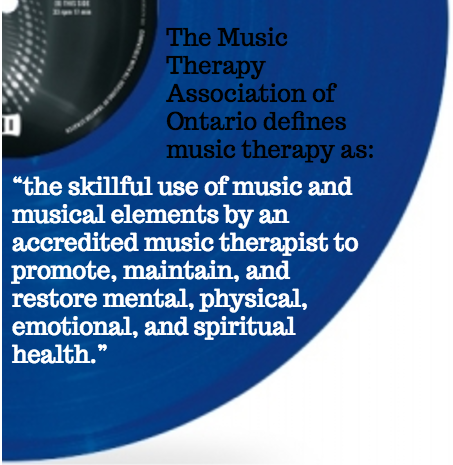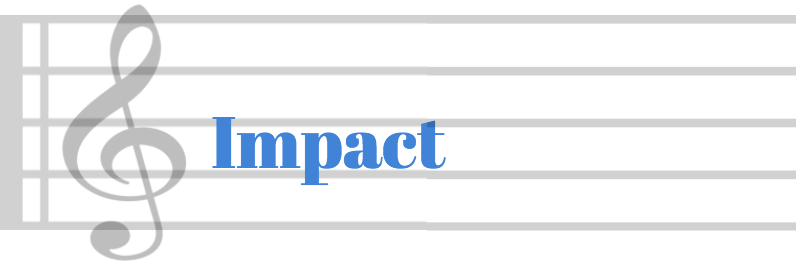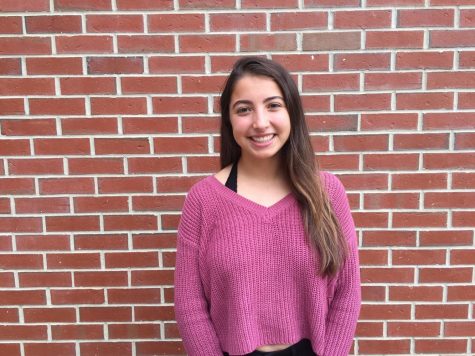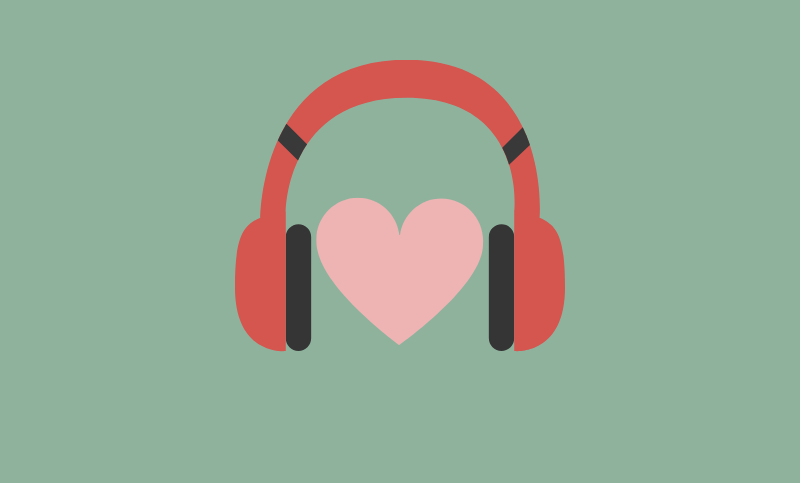On January 12, 2012, I was sitting unsuspectingly in Mrs. Turieo’s fifth grade classroom when tragedy struck the community. Through sobs, my teacher announced that morning’s passing of class of 2017 member Eric Green. Music was one of Eric’s passions, and it was through that passion that much of the community found healing. One of these people was a close friend of his, senior Nate Scaringi.
“When my friend Eric passed away back in 2012, the ways that the community and myself coped with the trauma of his passing was through music,” Scaringi said. “We officially retired a piece of music that he and I soloed on together, and we had two pieces, one jazz and one classical, commissioned by famous composers in his honor.”
 Music can be a powerful tool in terms of coping with anything from a traumatic loss to daily stress. While many find relief in simply turning on the tunes after a long day, music is actually used as a form of therapy for many.
Music can be a powerful tool in terms of coping with anything from a traumatic loss to daily stress. While many find relief in simply turning on the tunes after a long day, music is actually used as a form of therapy for many.

“You may not realize the many different ways music can affect your daily life,” Assabet Valley music
therapist Brianne Miers said. “From dancing to singing with your friends, music can bring people together.”
“I think music has an inexplicable power to heal, to connect, an
d to empower its listener,” junior Bridget Brady said, who researched the effects of music on the mind in her Science Innovations course as her semester-long project.
Licensed professionals utilize music as a tool to help patients accomplish anything from managing stress to alleviating pain to undergoing a physical rehabilitation process. Examples include nurses playing music for patients, or a music therapist working with a man to regain speech after surviving a bullet wound to the brain.
“The therapist can use many different techniques (i.e songwriting, instrument playing, musical movement, guided imagery) to accomplish these goals,” Miers said. “Since music therapists train in psychology, special education, and biology as well as musical training, they are highly qualified to identify areas of need as well as address them in a musical way.”
 Students especially can reap the benefits of integrating music into their lives, particularly in the form of cognitive benefits.
Students especially can reap the benefits of integrating music into their lives, particularly in the form of cognitive benefits.
“Music may also be used in memory recall for facts, skills and information,” Miers said.
“Certain types of music are better at helping you retain information and then be able to access that information and apply it as well,” nurse Caron Sheree said, in regards to how students can utilize this tactic for studying purposes.
According to guidance counselor Kathryn Mulcahy, perhaps the most prevalent advantage is lessening anxiety in teens.
“Sometimes students get really stressed out and all it takes is five minutes of listening to their favorite band or song to regulate them or help get them back on track,” Mulcahy said.
 Students see music as an outlet that can be intensely personal and meaningful.
Students see music as an outlet that can be intensely personal and meaningful.
“Music really touches teenagers because it’s a pretty chaotic time in your life,” Scaringi said. “Having a release or something or someone in music to go to is something that everyone craves, whether you know it or not.”
“Music means the world to me,” Brady said. “Music pumps me up, music calms me down. Music understands and is always there.”
Although she acknowledges the benefits music can have outside of therapy, Miers strongly encourages seeking help for a significant issue.
“The best comparison I could make is if you have an infection and you take over the counter medication,” Miers said. “You may feel better for the day, but as soon as the medicine wears off, you go back to feeling rotten. Therefore, a doctor is needed to bring full recovery.”
The psychological, physical, and emotional effects of music are, according to many, legitimate and should not be discounted.
“I don’t think you can underestimate the power of music,” nurse Justine Fishman said.



 Music can be a powerful tool in terms of coping with anything from a traumatic loss to daily stress. While many find relief in simply turning on the tunes after a long day, music is actually used as a form of therapy for many.
Music can be a powerful tool in terms of coping with anything from a traumatic loss to daily stress. While many find relief in simply turning on the tunes after a long day, music is actually used as a form of therapy for many.
 Students especially can reap the benefits of integrating music into their lives, particularly in the form of cognitive benefits.
Students especially can reap the benefits of integrating music into their lives, particularly in the form of cognitive benefits. Students see music as an outlet that can be intensely personal and meaningful.
Students see music as an outlet that can be intensely personal and meaningful.